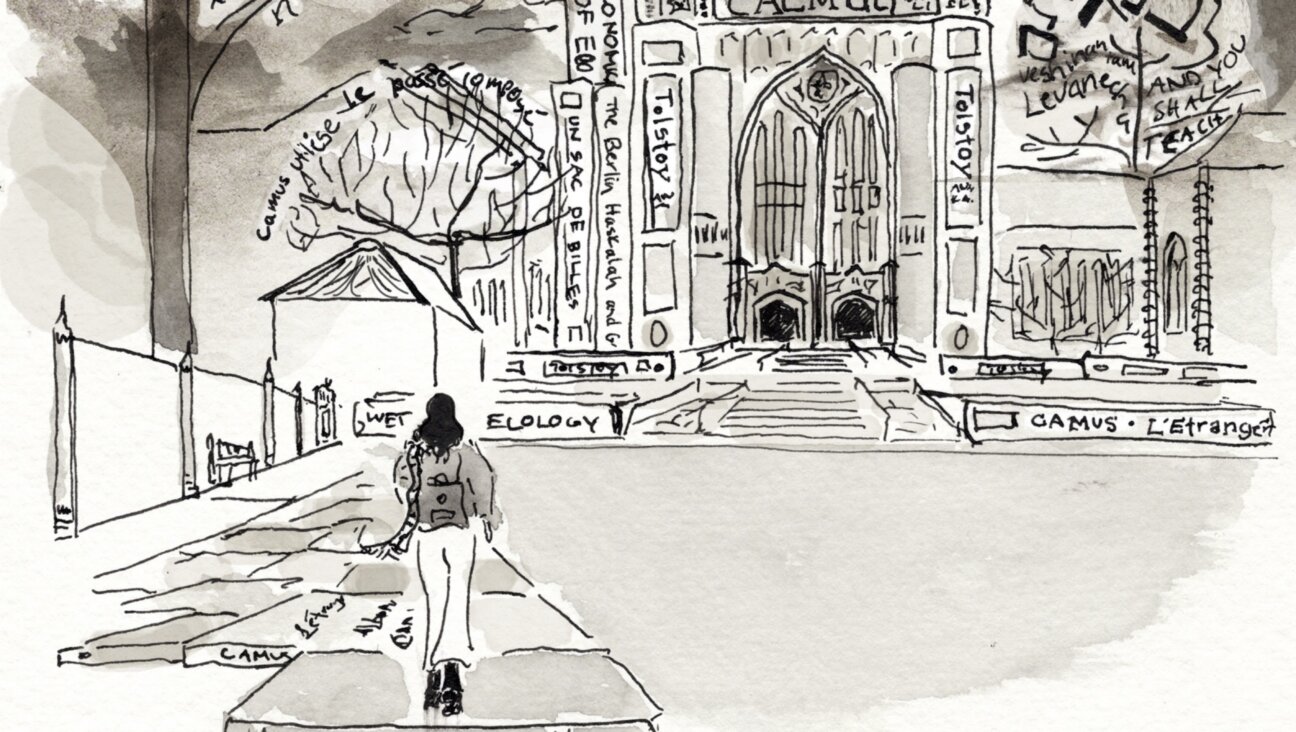Can the U.N. Distinguish Human Rights From Wrong?
Several weeks ago the United Nations Commission on Human Rights opted yet again to defile its own mandate by inviting one the world’s foremost human rights abusers to rejoin its ranks in the upcoming 59th session. In a vote undertaken by the Latin American regional group, Fidel Castro’s Cuba was reelected without opposition to a coveted spot on UNCHR, as the rights commission is known.
The selection came following a month in which independent human rights organizations repeatedly denounced Cuba for what is being called the country’s worst crackdown on political opposition in 30 years, the highlights of which include the summary execution of three men who hijacked a ferry in a botched attempt to reach political freedom in the United States and the sentencing of 75 political dissidents to terms of up to 28 years in prison.
This absurdity is but a continuation of the farcical conduct witnessed at the recently concluded 58th session of UNCHR in Geneva, Switzerland. This year’s session marked the most egregious distortion of UNCHR’s mission to date as member states overwhelmingly elected chair none other than Muammar Gadhafi’s Libya — a rogue dictatorship that not only lacks a free press and an independent judiciary, but which also employs the most brutal tactics in repressing political opposition and is one of the leading state sponsors of international terrorism.
With the bitterness of the 2001 U.N. conference on racism in Durban, South Africa, still lingering on the collective Jewish palate, the Jewish world braced itself for another painful debacle — and with due cause. The openly antisemitic conduct of certain member delegations to this year’s UNCHR session proved once again that our low expectations for objectivity and fairness had been set far too high.
And yet, despite the well-financed and highly organized anti-Israel front, the session bore some historic fruit, due largely to the return of a cherished ally following a two-year hiatus from UNCHR — the American delegation under the leadership of Ambassador Jeanne Kirkpatrick.
Kirkpatrick personified the best of American values by speaking out passionately for an end to the commission’s “obsessive criticism” of Israel. Similarly, when the overwhelming majority of member nations responded with deafening silence to Palestinian delegate Nabil Ramlawi’s call for the elimination of the “New Zionist Nazism,” the American delegation decried the equation of Zionism and Nazism as “inflammatory, repugnant and reckless language… which we though had been relegated to the dustbin of history with the ashes of World War II and the Cold War.”
Most significantly, the American delegation led a successful campaign, in the face of furious opposition from the Syrian and Libyan delegations, to amend a resolution calling for the elimination of all forms of religious intolerance to include the taboo word of “antisemitism.” At a time when a number of European governments have chosen to avert their gaze from the resurgent antisemitism in their midst, this achievement confirmed once again that in the community of nations, there is no greater friend to the Jewish people than the United States.
Unfortunately, American efforts, even in conjunction with the tireless activities of Israeli ambassador Yaacov Levy and the rest of the Israeli delegation, were insufficient to prevent the passage of five resolutions unjustifiably condemning Israel for human rights violations. Once again, Israel suffered the unmerited distinction of being the only nation singled out for a full week of special debate by UNCHR, even as notorious human rights abusers like Cuba, Iran and Sudan escaped censure entirely.
But steady pressure from the United States, Israel and Jewish organizations — including our own, B’nai B’rith International — did have a positive impact, generating an incremental increase in the number of countries voting in opposition or abstaining when anti-Israel legislation came to the floor. As yet, this progress is not nearly adequate, but it is perhaps an early sign of a shifting of the tide.
As much as some would like to wish the U.N. into irrelevance, the scope of the organization’s influence remains real. In spite of its manifold shortcomings, we must not grant our rivals the victory they seek in silencing the Jewish voice within the world’s most prominent international organization.
To the benefit of Israel and world Jewry, the United States remains immune to the malaise of moral relativism that has encumbered the judgment capabilities of so many other Western nations. In recent weeks, the revelation of unspeakable atrocities perpetrated by Saddam Hussein’s regime has confirmed the moral rectitude of the American-led Operation Iraqi Freedom. It is our hope that the Iraqi lesson will force a reality check on the international community, and that self-reflection will lead to a greater willingness to follow the moral leadership of the United States in the U.N. and specifically within UNCHR.
Joel Kaplan is president and Daniel Mariaschin is executive vice president of B’nai B’rith International.















